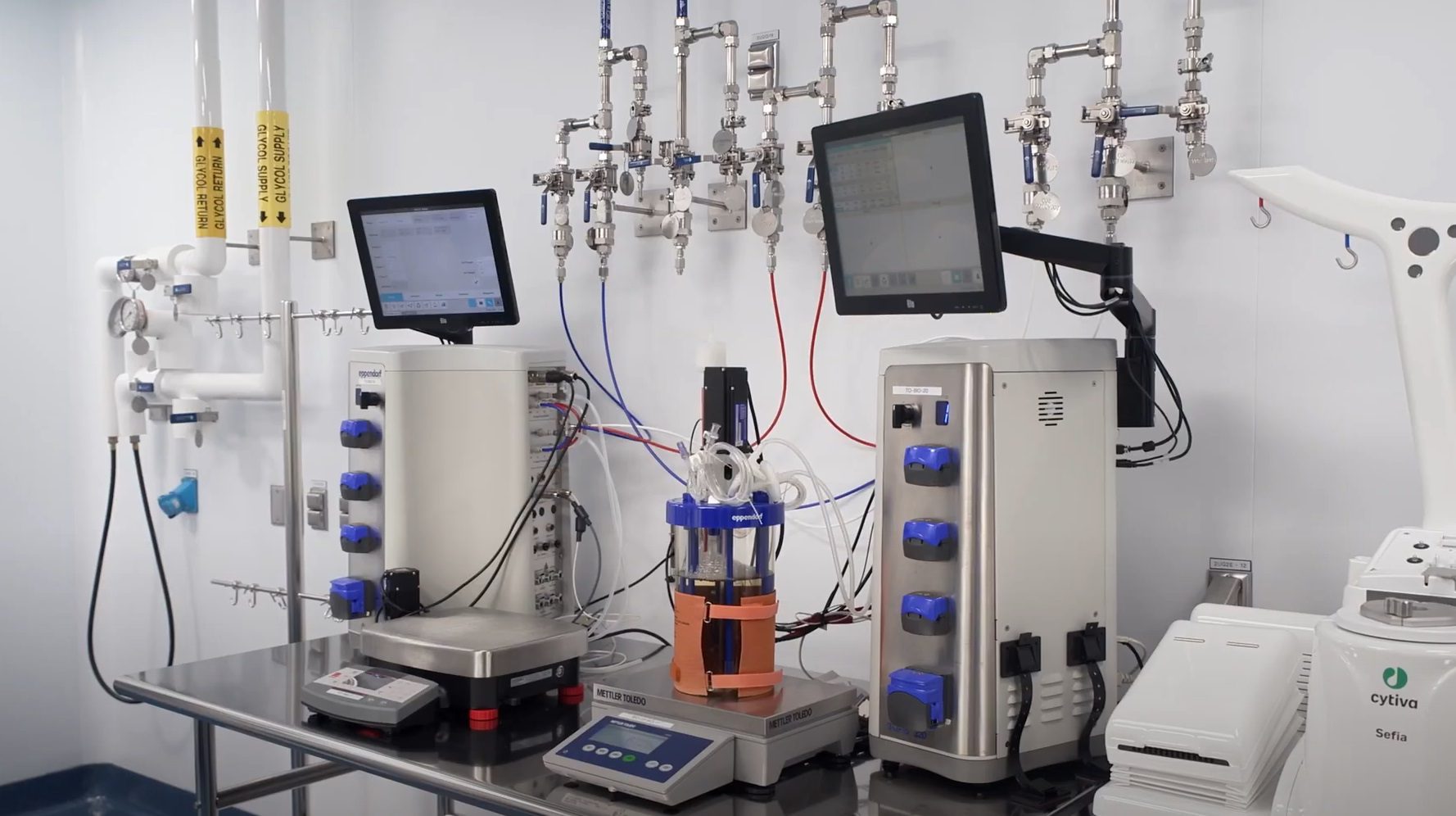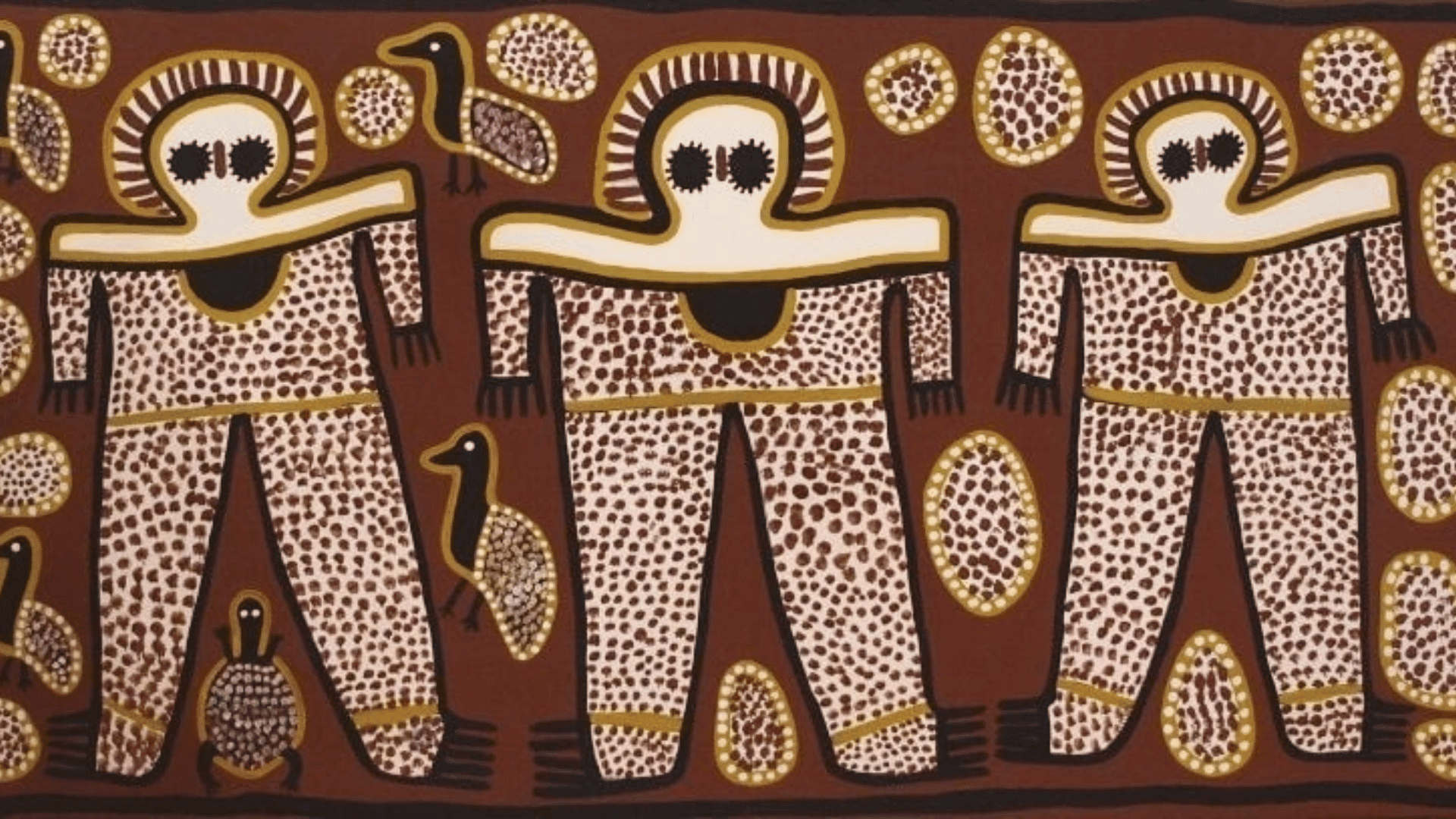In the latest conversation on the Tomorrow’s World Today Podcast, Dr. Kristin Yarema, former Chief Commercial Officer at Atara Biotherapeutics, shared insights into the evolving world of biopharma and cell therapy treatments that could revolutionize medicine as we know it. Her journey blending science and creativity offers a unique perspective on innovation in healthcare and the future of treating serious diseases.
Atara Biotherapeutics was founded in 2012 by Dr. Isaac Ciechanover, who named the company after his mother, who had passed away from ovarian cancer. This meaningful tribute underscores the company’s patient-centered mission to transform lives affected by serious illnesses like cancer and multiple sclerosis. Dr. Yarema emphasized how this personal connection serves as their “North Star,” keeping the focus firmly on improving patient outcomes through innovative therapies. This foundational story illustrates how personal loss can inspire scientific breakthroughs that benefit countless others—a powerful reminder of the human element behind medical research.

Dr. Yarema’s own path to biopharma reflects the power of interdisciplinary thinking. Growing up with strong influences from both science and the arts, she pursued an unusual double major in chemical engineering and English. This combination of technical knowledge and communication skills proved invaluable in her role overseeing commercial operations, corporate communications, and public affairs at Atara. As she eloquently stated, “Communication is really at the heart of what I do.” Her responsibility involves translating complex scientific breakthroughs into accessible information for physicians, patients, insurance providers, and the general public—essentially bridging the gap between laboratory innovations and real-world applications.
The podcast conversation highlighted the critical importance of mentorship and being open to unexpected opportunities. Dr. Yarema credited her high school science teachers and family members in medical professions for inspiring her career path. She advised aspiring professionals to seek out mentors, engage with diverse perspectives, and remain open to unexpected opportunities. Some of her most valuable professional experiences came from roles she initially questioned but ultimately embraced based on others’ advice. This willingness to step outside her comfort zone allowed her to develop skills she hadn’t anticipated and opened doors to new possibilities in her career trajectory.
Perhaps most exciting was Dr. Yarema’s discussion of the frontier areas in medicine that could transform human health. While cancer treatmeIn a fascinating conversation on the Tomorrow’s World Today podcast, Dr. Kristin Yarema, former Chief Commercial Officer at Atara Biotherapeutics, shared insights into the evolving world of biopharma and cell therapy treatments that could revolutionize medicine as we know it. Her journey blending science and creativity offers a unique perspective on innovation in healthcare and the future of treating serious diseases.
Atara Biotherapeutics was founded in 2012 by Dr. Isaac Ciechanover, who named the company after his mother, who had passed away from ovarian cancer. This meaningful tribute underscores the company’s patient-centered mission to transform lives affected by serious illnesses like cancer and multiple sclerosis. Dr. Yarema emphasized how this personal connection serves as their “North Star,” keeping the focus firmly on improving patient outcomes through innovative therapies. This foundational story illustrates how personal loss can inspire scientific breakthroughs that benefit countless others—a powerful reminder of the human element behind medical research.
Dr. Yarema’s own path to biopharma reflects the power of interdisciplinary thinking. Growing up with strong influences from both science and the arts, she pursued an unusual double major in chemical engineering and English. This combination of technical knowledge and communication skills proved invaluable in her role overseeing commercial operations, corporate communications, and public affairs at Atara. As she eloquently stated, “Communication is really at the heart of what I do.” Her responsibility involves translating complex scientific breakthroughs into accessible information for physicians, patients, insurance providers, and the general public—essentially bridging the gap between laboratory innovations and real-world applications.
The podcast conversation highlighted the critical importance of mentorship and being open to unexpected opportunities. Dr. Yarema credited her high school science teachers and family members in medical professions for inspiring her career path. She advised aspiring professionals to seek out mentors, engage with diverse perspectives, and remain open to unexpected opportunities. Some of her most valuable professional experiences came from roles she initially questioned but ultimately embraced based on others’ advice. This willingness to step outside her comfort zone allowed her to develop skills she hadn’t anticipated and opened doors to new possibilities in her career trajectory.
Perhaps most exciting was Dr. Yarema’s discussion of the frontier areas in medicine that could transform human health. While cancer treatment remains a critical focus, she highlighted neurodegenerative diseases as “one of the great remaining frontiers in medicine.” Conditions like Alzheimer’s, ALS, and multiple sclerosis affect millions worldwide and have proven exceptionally challenging to treat effectively. Atara’s work on investigational therapies for progressive forms of multiple sclerosis represents a push toward addressing these devastating conditions that currently have limited treatment options. The potential impact of breakthrough therapies in this space would be transformative for patients, families, and caregivers worldwide.
Dr. Yarema concluded with an encouraging message for young people considering careers in STEM or STEAM fields. She emphasized that biopharma is a “total team sport” requiring diverse talents—from bench researchers to clinical trial coordinators, from IT specialists analyzing massive datasets to communications experts like herself. This multidisciplinary approach creates opportunities for people with varied interests and skills to contribute meaningfully to medical breakthroughs. Her passion for her work and optimism about the future of medicine serve as an inspiring example of how finding alignment between personal values and professional pursuits can lead to fulfilling careers that positively impact humanity.nt remains a critical focus, she highlighted neurodegenerative diseases as “one of the great remaining frontiers in medicine.” Conditions like Alzheimer’s, ALS, and multiple sclerosis affect millions worldwide and have proven exceptionally challenging to treat effectively. Atara’s work on investigational therapies for progressive forms of multiple sclerosis represents a push toward addressing these devastating conditions that currently have limited treatment options. The potential impact of breakthrough therapies in this space would be transformative for patients, families, and caregivers worldwide.
Dr. Yarema concluded with an encouraging message for young people considering careers in STEM or STEAM fields. She emphasized that biopharma is a “total team sport” requiring diverse talents—from bench researchers to clinical trial coordinators, from IT specialists analyzing massive datasets to communications experts like herself. This multidisciplinary approach creates opportunities for people with varied interests and skills to contribute meaningfully to medical breakthroughs. Her passion for her work and optimism about the future of medicine serve as an inspiring example of how finding alignment between personal values and professional pursuits can lead to fulfilling careers that positively impact humanity.
This blog post was generated using Buzzsprout’s CoHost AI tool and is based directly on content from the associated podcast interview. This article has been reviewed and edited by Tomorrow’s World Today staff.







